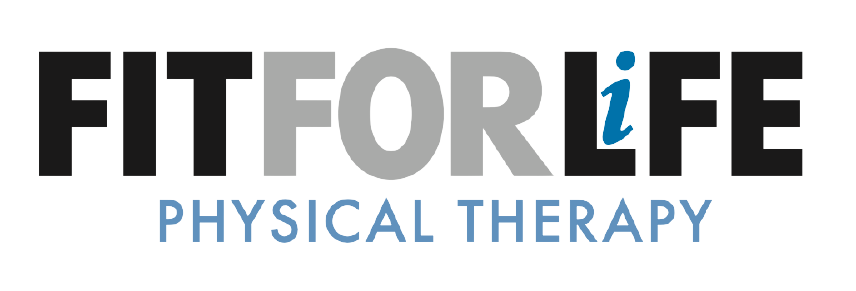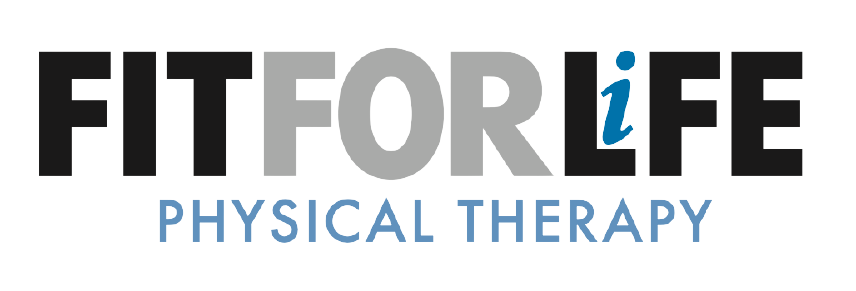Adjusting to Race Travel
Sports Dietitian, Fit For Life Physical Therapy
Travel can impact sleep, change nutritional needs, and alter digestion which can later impact performance, but early planning and preparation can be the key to making travel easy and to avoiding jetlag.
3-4 days prior
Ensure adequate calorie intake throughout the day.
Start shifting meals 30-45 minutes each day towards destination time zone.
Start to adjust sleep schedule if possible:
Flying WEST: delay sleep by 1 hour each day (up to 3 days) prior to travel as long as 7-9 hours of sleep is still achievable.
Flying EAST: advance sleep earlier by 1 hour each day (up to 3 days) prior to travel as long as 7-9 hours of sleep is still achievable.
Aim to have a “rehearsal” with a pre-race meal and pre-race snack that can be replicated at the destination.
3-4 hours before à larger meal high in carbohydrates, low in fat, and low in fiber; consume electrolyte rich fluids.
1 hour before à 35-50 grams of simple carbs (Gatorade, fruit snacks, apple sauce, graham crackers, banana, pretzels)
24 hours before flight, consume electrolyte rich beverages to offset dehydration when in-flight and “pre-load” the body with electrolytes.
Pack an empty, reusable water bottle to fill at the airport.
During flight
Ensure adequate hydration with electrolytes. Respiratory fluid losses are increased due to dry, pressurized cabins.
Losses can be 3-10 ounces/hour of airtime.
Aim for 6-8 oz/hour of electrolyte rich fluids and salty snacks like peanuts, pretzels, and trail-mix.
Eat small, regular meals and snacks throughout the flight.
Try to get up every hour and walk up and down the aisle, do some of Fit For Life’s Runner & Walker 10 exercises as isometrics in your seat, or stretch.
Attempt to nap when possible. Try to hold off on late day naps if bedtime will be within 4 hours of arrival at the destination.
Post Flight
Adjust meals and snacks to a regular fuel pattern that aligns with the destination time zone.
Take a 20-minute walk or light jog once settled at destination to reduce lactic acid build up from sitting and help alleviate possible constipation.
Consume electrolyte rich beverages within 2-3 hours of landing.
Consider a melatonin supplement if athlete is having a difficult time adjusting to time zone.
If traveling to a high-altitude environment, increase carbohydrate intake as energy needs are increased due to elevated levels of hormones that increase the body’s need for carbohydrates as fuel.
If constipated after traveling, aim to increase fluid intake, choose light forms of exercise, and consume high fiber foods.
Aim to choose meals and snacks that are familiar to items the athlete would eat at home.
Registered & Licensed Dietitian Rebecca Youngs is an avid marathoner, loves to work out, and has specialized her practice in gastrointestinal health, as well as sports nutrition and fueling athletes of all levels. She is available for individual consultations at Fit For Life Physical Therapy or through zoom video conference.
Fit For Life Physical Therapy cares for people of all activity levels - to help prevent, recover from, or rehabilitate sports & orthopedic injuries. We are proud to move people every day.
Please visit our website https://www.fitforlifephysicaltherapy.com/, email us at info@fitforlifephysicaltherapy.com, or call or text us at any of the phone numbers for our three convenient locations inside Fleet Feet/FrontRunner stores:
Polaris: 1270 East Powell Road Lewis Center, Ohio 43035 ~ 614-981-2065
Upper Arlington: 1344 West Lane Avenue, Columbus, Ohio 43221 ~ 614-981-1979
New Albany: 5792 North Hamilton Road, Columbus, Ohio 43230 ~ 614-581-7441

